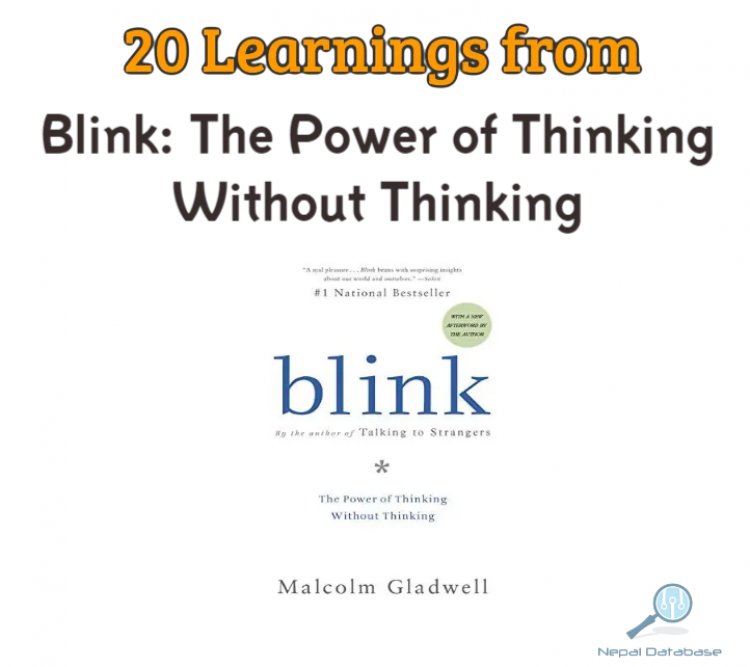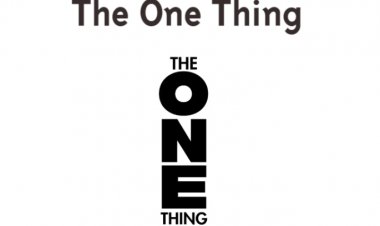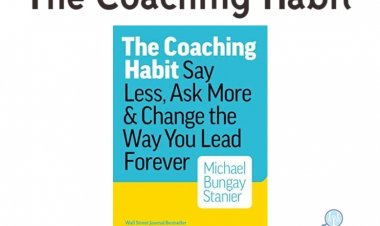20 Key Insights from "Blink: The Power of Thinking Without Thinking"
Learn the 20 most important lessons from Malcolm Gladwell's book "Blink: The Power of Thinking Without Thinking" on the power of snap judgments, unconscious biases, and decision-making.

Blink: The Power of Thinking Without Thinking is a book by Malcolm Gladwell that explores the concept of rapid cognition, or the idea that our minds can make quick, unconscious decisions based on limited information. Gladwell argues that these snap judgments can be just as accurate, if not more so, than decisions made through careful analysis.
Here are 20 Important Learnings from Blink:
-
The power of rapid cognition
Gladwell argues that our minds are capable of making quick, accurate decisions based on limited information, and that these snap judgments can be just as accurate as decisions made through careful analysis. -
The importance of thin-slicing
Gladwell argues that in order to make accurate snap judgments, our minds rely on the process of thin-slicing, or using limited information to make decisions. He argues that this process allows our minds to make quick, accurate decisions based on the most important information. -
The role of unconscious biases
Gladwell argues that our snap judgments can be influenced by unconscious biases, and that these biases can lead to incorrect decisions. He argues that it's important to be aware of these biases and to take steps to reduce their impact. -
The impact of first impressions
Gladwell argues that our first impressions can be powerful and can impact our subsequent decisions, and that our snap judgments are often based on these first impressions. He argues that it's important to be aware of this dynamic and to take steps to reduce the impact of first impressions on our decisions. -
The power of context
Gladwell argues that context is important in decision-making, and that our snap judgments can be influenced by the context in which a situation occurs. He argues that it's important to consider the context when making decisions. -
The impact of emotions
Gladwell argues that emotions play a role in our decision-making, and that our snap judgments can be influenced by emotions like anger, fear, and love. He argues that it's important to be aware of the role of emotions in our decision-making and to take steps to manage them. -
The role of experience
Gladwell argues that experience plays a role in our decision-making, and that our snap judgments can be influenced by past experiences. He contends that it is critical to recognize the role of experience in our decision-making and to take steps to broaden our experiences. -
The impact of expertise
Gladwell argues that expertise can improve the accuracy of our snap judgments, and that our minds are capable of recognizing patterns and making quick decisions based on expertise. He argues that it's important to seek out and develop expertise in order to improve the accuracy of our snap judgments. -
The importance of considering multiple factors
Gladwell argues that it's important to consider multiple factors when making decisions, and that our snap judgments can be influenced by a narrow focus on a single factor. He argues that considering multiple factors can improve the accuracy of our snap judgments. -
The role of priming
Gladwell argues that our minds can be primed, or influenced, by previous experiences and exposures, and that our snap judgments can be impacted by this priming. He argues that it's important to be aware of the role of priming in our decision-making and to take steps to reduce its impact. -
The impact of implicit associations
Gladwell argues that our minds can form implicit associations, or unconscious connections, between certain stimuli and emotions or attitudes, and that these associations can impact our snap judgments. He argues that it's important to be aware of these implicit associations and to take steps to reduce their impact. -
The role of stereotypes
Gladwell argues that stereotypes can play a role in our snap judgments, and that our unconscious biases can lead us to make decisions based on stereotypes. He argues that it's important to be aware of the role of stereotypes in our decision-making and to take steps to reduce their impact. -
The power of observation
Gladwell argues that careful observation can improve the accuracy of our snap judgments, and that our minds are capable of making quick decisions based on careful observation. He argues that it's important to be observant and to use our observation skills to improve the accuracy of our snap judgments. -
The importance of training
Gladwell argues that training can improve the accuracy of our snap judgments, and that our minds can be trained to make better decisions. He argues that it's important to seek out training and to develop our decision-making skills. -
The impact of stress
Gladwell argues that stress can impact our decision-making, and that our snap judgments can be influenced by stress. He argues that it's important to be aware of the impact of stress on our decision-making and to take steps to manage it. -
The power of feedback
Gladwell argues that feedback can improve the accuracy of our snap judgments, and that our minds can be trained to make better decisions based on feedback. He argues that it's important to seek out feedback and to use it to improve our decision-making. -
The role of intuition
Gladwell argues that intuition plays a role in our decision-making, and that our snap judgments can be influenced by intuition. He argues that it's important to be aware of the role of intuition in our decision-making and to take steps to develop our intuition. -
The importance of self-awareness
Gladwell argues that self-awareness is important in decision-making, and that our snap judgments can be influenced by our own attitudes and biases. He argues that it's important to be aware of our own attitudes and biases and to take steps to reduce their impact on our decisions. -
The impact of culture
Gladwell argues that culture can impact our decision-making, and that our snap judgments can be influenced by cultural factors. He argues that it's important to be aware of the role of culture in our decision-making and to take steps to understand and appreciate different cultural perspectives. -
The power of practice
Gladwell argues that practice can improve the accuracy of our snap judgments, and that ourminds can be trained to make better decisions through repetition and practice. He argues that it's important to practice our decision-making skills and to seek out opportunities for practice.
In Blink: The Power of Thinking Without Thinking, Gladwell argues that our minds are capable of making quick, accurate decisions based on limited information, and that these snap judgments can be just as accurate as decisions made through careful analysis. He explores the role of thin-slicing, unconscious biases, first impressions, context, emotions, experience, expertise, priming, implicit associations, and other factors in decision-making, and argues that it's important to be aware of these factors and to take steps to reduce their impact on our decisions. Gladwell also argues that training, feedback, intuition, self-awareness, culture, and practice can improve the accuracy of our snap judgments, and that it's important to seek out these opportunities for growth and development.
What's Your Reaction?








































































































